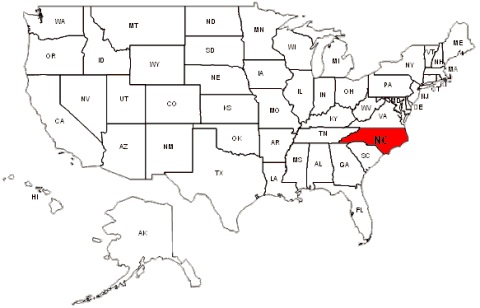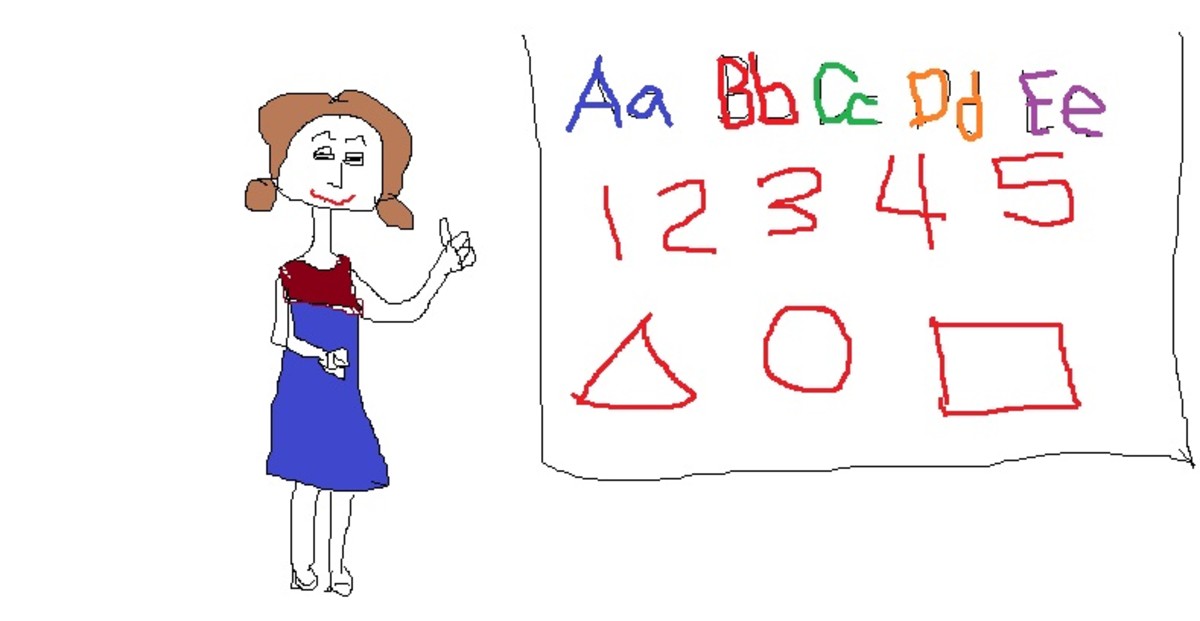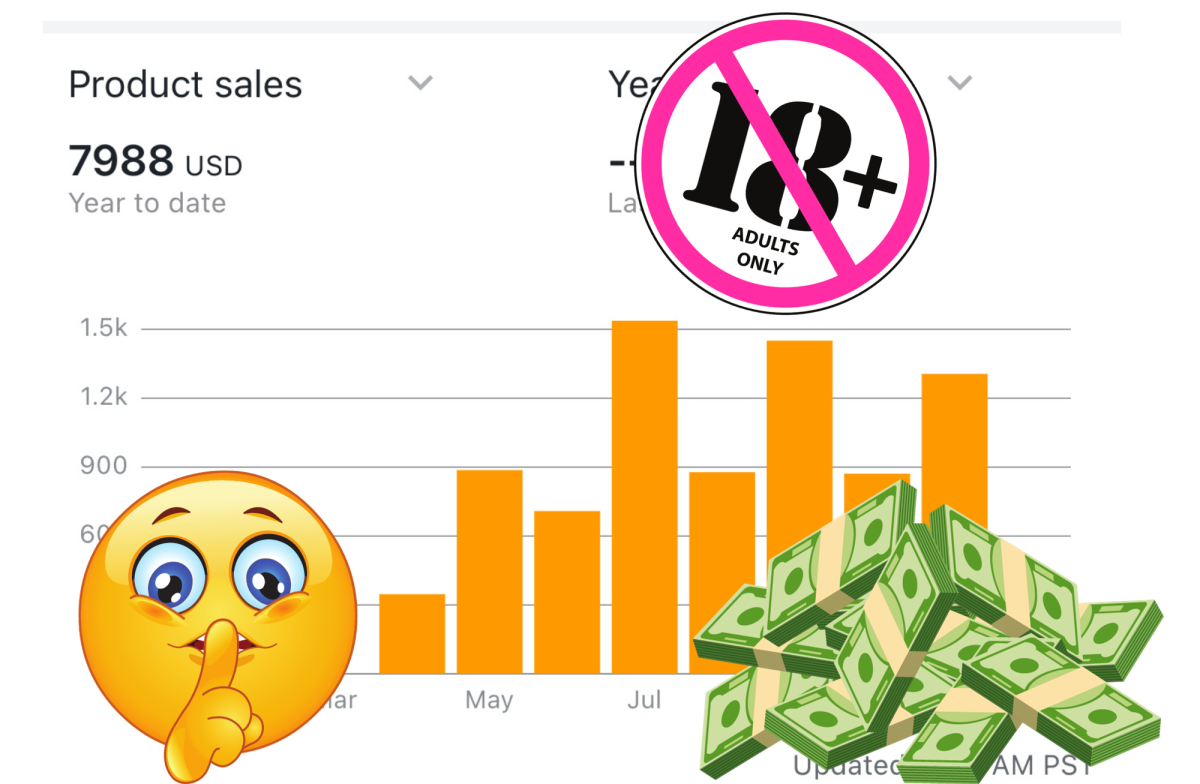Laws and Code of Conduct for Mental Health Professionals in North Carolina

This report analyzes three different professions, mental health, specifically psychologists, K-12 teachers, and registered nurses. This report analyzes the different ethical codes, licensing requirements and laws for the professions, as well as a detailed comparison.
Lastly, this report will entail my conclusions on my findings, as well as a personal pros and cons on the professions.North Carolina is a difficult state to become licensed as a psychologist in. Under 21 NCAC 54 .2704 HSP-P, psychologists are required to go through two years of supervised experience, in which one year must be o post-doctoral training (North Carolina Board of Psychology, 2007).
Additionally, individuals must verify proper education. To show this, they must either be listed on the National Register of Health Service Providers of Psychology, graduated from an American Psychological Association approved school, graduated from a formal postdoctoral program of re-specialization, have a doctoral degree from a school with a definable body of students and faculty (any school that is only on-line, including NCU, students cannot become a psychologist in North Carolina, I even called the state board).

Also, candidates must haven't least one year (but has to be within four consecutive years) of 1500 hours of supervision (2007). Lastly, after a person has put in their package and been granted approval, they may begin practicing psychology, but must take the next nation examination to continue practicing (2007). Even though laws can sometimes be difficult to follow, they are established to protect the general public. Title 21, chapter 54, section 90-270.1 explains that regulations and laws are enacted to protect the general public with their safety and welfare from individuals who are not properly qualified to practice psychology (North Carolina Board of Psychology, 2007).
The board first defines what the practice of psychology even is. The board states that practicing psychology is helping individuals modify unwanted or symptomatic behavior, helping with work, relationships, or even life’s greater events (2007). Practicing psychology can include psychological testing, assessment of personal characteristics (which the board lists many different kind of), general counseling, psychoanalysis, hypnosis, biofeedback, etiology and prognosis, psychological functioning, treatment of emotional and substance abuse disorder, and counseling of physical illnesses (2007).
Lastly, counseling can be conducted with groups, individuals, families, even with the public.Even though North Carolina psychologists can perform an array of counseling techniques, North Carolina has laws on what a psychologist can not do. Under North Carolina state statues Chapter 90, Article 1 and 6, psychologists can not practice medicine or optometry (North Carolina Board of Psychology, 2007).
This means in a North Carolina if a psychologist has a patient with a medical or optometry problem that falls out of his/her realm of expertise; the psychologists is required to refer their patient to someone that is qualified to help.Also, psychologists must be moral people and must follow a code of ethics, or their license may become denied, suspended, revoked, or other disciplinary actions may be taken against him/her (North Carolina Board of Psychology, 2007). There are approximately 23 codes of conduct, with many subsections; the ones listed in this paper are the more important ones (at least in my opinion). However, a psychologist can receive disciplinary actions for violations of any of them.

The code of conduct states if a psychologist is guilty or has been convicted of a felony, is guilty of a misdemeanor of moral turpitude, engaged in fraud or deceit against the board by trying to hide material information, deceived the public, or an individual who has received psychological services, deceived Medicare, Medicaid, or a third party payer, that the psychologist is liable (2007). The code continues that a psychologist is in jeopardy of punishment if they misrepresented their education, license renewal, supervision, professional credentials, to the public, board, or some other individual (2008).
Importantly, he/she must not endanger the welfare of a client, must not misuse alcohol, narcotics, chemical, or drugs which may alter the ability to perform psychology (2007). Lastly, the psychologist must be able to correctly diagnosis and determine if a patient is detrimentally dangerous (2007).However, psychologists are not the only ones who must follow laws, licensing requirements, and a code of ethics, so must nurses.
For an individual to become a registered nurse (RN) in North Carolina, they must first go through a recognized program of education, either receiving their associates or bachelors in nursing (North Carolina Board of Nursing, 2002). An individual must take the national test and must go through a formal program to become a RN,unlike many states where an individual can challenge the test.
An individual must be able to show a basic nursing education, understand established policies, channels of communication, biophysical data, nursing diagnoses, procuring resources, analyze nursing interventions, understand confidentiality, and assess the client’s needs (2002). Additionally to become a nurse, the individuals must understand how to recognize their legal boundaries,and respect client’s rights and properties (2002). They must be able to document be able to document their patient’s condition, and accurately describe it.Also, RNs must follow laws reflecting their position.

Under 21 NCAC 36 .0403, an RN may delegate to a Nurse Aid I or Nurse Aid II to help take daily care of a patient (North Carolina Board of Nursing, 2002). However, a RN may not delegate tasks such as starting a treatment or pharmaceutical regimen which may produce allergic reactions, or may endanger the patient’s life (2002). Also, the nurse who takes responsibility for starting a treatment or pharmaceutical regimen is responsible for recognizing side effects, toxic effects, allergic reactions, unusual or unexpected effects, changes in the client’s condition, or making decisions if an unexpected event was to occur (2002).
Since nurses work with individuals when they are vulnerable, a patient must be able to trust their nurse. There are nine provisions to the nursing code of ethics, (1) nurses should be compassionate and care for human dignity, (2) nurses should be committed to the patient and their interests, (3) the nurse should advocate for the well-being of the patient, (4) the nurse is responsible for providing adequate care, (5) the nurse should have good character and self-respect, (6) the nurse should be moral and ethical, (7) the nurse should be an advocate for education, learn and teach when possible, (8) the nurse should be responsible to the public, (9) lastly, the nurse should be profession (Nursing World,2005).Along with the medical field, other professions also have licensing requirements, laws, and codes of ethics, such as teachers.
In North Carolina, to be a teacher the individual must have completed a program that is accredited by the National Council for Accreditation of Teacher Education or National Association of State Directors of Teacher Education and Certification (Academic Employment Network, 2008). Also, individuals must take the Praxis series, but a GRE score of 390 verbal and 400 qualitative is acceptable (2008).North Carolina’s teachers follow code of ethics, Title 16 N.C. Administrative Code State Statue 6D.0301 (WCPSS, 2005). The employee must act with fairness, honestly, and integrity when working in regards to the school system (2005).
Also, the teacher should act morally and competently. No outside jobs are allowed that will hinder official duties. No unauthorized purchases are allowed outof the school’s money. Teachers must be knowledgeable of the testing code, and must abide by it (2005). Also, no student is allowed to be recruited for athletic purposes only. Lastly, the teacher must act in a professional manner, and must abide by the State Code of Professional Practice (2005).

Also, the teacher should act morally and competently. No outside jobs are allowed that will hinder official duties. No unauthorized purchases are allowed out of the school’s money. Teachers must be knowledgeable of the testing code, and must abide by it (2005). Also, no student is allowed to be recruited for athletic purposes only. Lastly, the teacher must act in a professional manner, and must abide by the State Code of Professional Practice (2005).
In sum, these three professions are different in the nature, but all have laws, licensing requirements, and code of ethics. Interestingly, all three require the individual to be of moral character, because they are entrusted with special individuals; psychologists have care of the mentally ill, nurses have the physically ill, and teachers are responsible for our children. Additionally, all three professions require that the individual have a post high-school graduation; the psychologist a doctoral degree, the teacher a bachelor’s degree, and the nurse must have at least an associate’s degree.
Lastly, each one of the three professions have laws governing them, and ifa breach in that law were to occur, the individual could be on the 9 o’clock news or face jail time.Each one of these professions has their pros and cons. Psychologists are required a doctoral degree from a non-on-line program, which is both expensive and time consuming.
However, they have potential to make a lot of money and psychologists have a great impact on our community. If a RN makes one small mistake it could cost someone their life, but they also have potentiality to save a life. Lastly, teachers are often not respected and work under hostile conditions. Teachers are also blessed by being able to shape our children’s future.
References
Academic Employment Network. (2008). Retrieved January 15, 2008, from http://www.academploy.com/cert/certnc.htm
All Nursing Schools. (2007). Retrieved January 15, 2008, from http://www.allnursingschools.com/faqs/be_rn.php
North Carolina Board of Nursing. (2002). Retrieved January 15, 2008, from http://www.ncbon.com/content.aspx?id=666
North Carolina Psychology Board. (2007). Retrieved January 15, 2008, from http://www.ncpsychologyboard.org/Office/PDFiles/PRACACT.pdf
Nursing World. (2005). Retrieved January 15, 2008, from http://www.nursingworld.org/ethics
Wake County Public School System. (2007). Retrieved January 15, 2008, from http://www.wcpss.net/policy-files/series/policies/4005-rp.html





